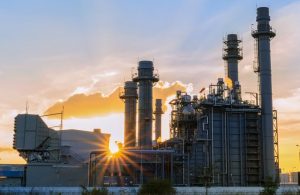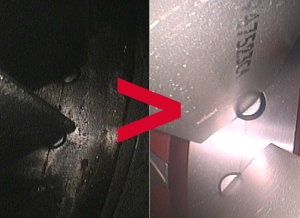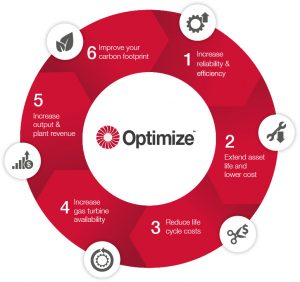10Mins
Understanding the Air Quality Challenge
10Mins
Many air intake systems have been supplied by gas turbine OEMs based on global filtration system designs and standard specifications which in many locations can lead to suboptimal performances. The wrong product selection can also significantly impact gas turbine efficiency, reliability and plant availability leading to increased plant operating costs.

Air intake systems also have a significant role to play as the gas turbine industry demands greener energy. Achieving the optimal solution to reduce your total cost of ownership will have a positive environmental impact. There is an opportunity to lower heat rate through improved efficiency, which will reduce emissions by up to 2.2% in some cases. This is not only good for the planet but will also help operators to achieve their own net zero ambitions and further reduce operating expenditure as carbon taxes become more widespread and continue to increase.
The value of high-quality filtration
More and more operators are moving away from traditional F-grade filters and upgrading to high performance (H)EPA filtration. The positive impacts far outweigh the initial filter supply costs. The higher the operating hours, the more likely you are to see the greatest benefit. But it is dependent on the plant’s contractual arrangements. Overall, high efficiency filters add value adding products and low cost, low performance filters are now viewed as a false economy.

However, the filter efficiency grade is not the only consideration in the process. How the filter deals with varying environmental conditions is also hugely significant. The media choice and filter design will determine if the product is suitable to a given environment e.g. high dust or high humidity. You also must consider the entire system design and the number of filtration stages across the system. In a thorough optimization process the system can be evaluated as well as the individual filters.
Finding the optimum performance level can come down to the individual design or construction of the filter. Shutdowns, restarts and changing operating conditions lead to large variations in the airflow through the filter system. These turbulent conditions can result in distortion and weakening of the filter over time. A high strength gas turbine filter supports both the media pack and the filter frame, eliminating the risk of distortion of the filter and deflection of the media pack. This results in extended stable filter life, for optimum performance and protection.
The TCO mindset
There is a growing demand for air inlet filter system optimization. GT air inlet systems present far higher levels of complexity and individuality than previously appreciated. Solutions need to be individual and based on operational requirements and environmental conditions. A tailored approach increases inlet air quality, reducing the harmful effects of fouling, erosion, and corrosion on the gas turbine. GT availability is increased through a reduction in offline water washing frequency and as engine cleanliness and efficiency is maintained maintenance costs are reduced. This all helps to contribute to increased revenue and overall plant performance.

Air inlet filters represent the largest consumable spend on a GT power plant outside of the engine hot section. This makes them a high priority for spend reduction initiatives. The benefits derived from optimizing filter systems can be many multiples of the filter cost. Instead of only focusing on filter costs it is sensible to review the total cost of ownership (TCO). Taking into account performance, longevity, GT maintenance and other factors.
The gas turbine optimization process
To conduct a through initial evaluation it is essential to understand the site location, the environmental challenges and weather data, current operating parameters, and site commercial data. It can be a complex process and the right support is needed. AAF has extensive knowledge and experience in this area and launched AAF Optimize to deliver a suit of sophisticated tools to help operators understand TCO impacts and evaluate how this could be improved with optimized filtration.
Optimize will review all the data to determine the products that will deliver your optimum solution, this is an individual proposal for you where we can highlight and discuss your potential savings. The service is very transparent and allows you to evaluate not only the financial impact, but also your power output, fuel consumption and CO₂ emissions. Furthermore, you are under no obligation, please contact us for further information.